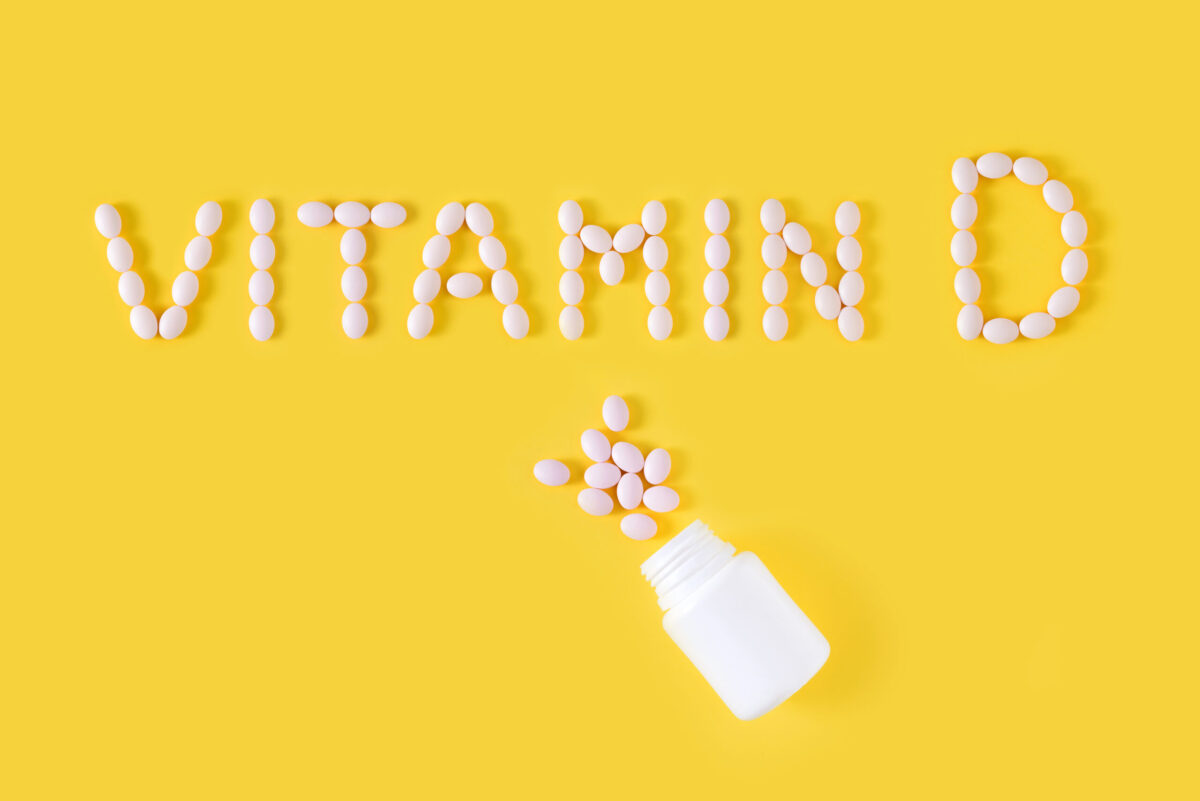Vitamin D supplements have been widely available for decades, but more and more Americans are buying the supplements in recent years. While some people are vitamin D deficient, is taking a vitamin D supplement necessary for most?
WellTuned spoke with Dr. Ian Bushell, a medical director with BlueCross BlueShield of Tennessee to find out what we should know about vitamin D.
“There are some myths and misconceptions about vitamin D out there,” says Dr. Bushell. “Vitamin D is important for your heart health, helps your brain function properly and helps regulate your blood sugar levels. But that doesn’t mean everyone needs to run out and take a Vitamin D supplement. It could be a waste of money and when taken in very high doses, can have negative side effects.”
Dr. Bushell shared these facts about vitamin D:
- Vitamin D helps keep your bones strong. Vitamin D helps your bones absorb calcium so they’ll stay strong and healthy. Along with calcium, vitamin D helps protect you from developing osteoporosis, a condition where the bones become thinner and more likely to fracture.
- Fortified foods provide most of the vitamin D that you get. Few foods naturally contain vitamin D, so most people get their vitamin D from fortified foods, such as milk, yogurt, breakfast cereals, and orange juice. You can get small amounts of vitamin D, however, from foods like egg yolks, cheese, mushrooms, and cow liver.
- You don’t need high doses of vitamin D. Adults between the ages of 19 and 70 need 15 mcg or 600 international units (IU) per day. Adults over the age of 70 need 20 mcg or 800 IU daily.
- You don’t need to go sit in the sun. Don’t give up your sunscreen. You don’t need a lot of sun exposure to get your vitamin D. In fact, you only need 25% of your skin exposed for 3-8 minutes per day. Your body stores vitamin D, which helps to make up for those no-sun days, especially in winter.
- Vitamin D won’t reduce your cancer risk. Vitamin D doesn’t seem to reduce the risk of developing breast, colon, rectal, or lung cancer.
- Certain people may need vitamin D supplements. Breast-fed babies who aren’t getting fortified formula may need a vitamin D supplement. Adults with Crohn’s disease, cystic fibrosis, psoriasis, and certain liver and kidney conditions may also need a vitamin D supplement, but their doctor may want to test their vitamin D levels first. This may also be the case for people who’ve undergone gastric bypass surgery.
- Taking too much vitamin D can have side effects. Vitamin D is considered safe when taken in appropriate doses, but if you take too much, it can cause side effects. People who take too much vitamin D (more than 4000 IU per day) may experience:
- Nausea and vomiting
- Constipation
- Weakness
- Unhealthy weight loss
- Appetite loss
- Confusion
- Heart rhythm problems
- Kidney stones or kidney damage
Some caution about the benefits and risks of vitamin D supplements
Dr. Bushell: You should talk to your doctor before you take a vitamin D supplement. Some people just assume their vitamin D levels are low, but that might not actually be true. Your doctor may want to test your levels first and then recommend the dosage – if any – based on the results.
Also, vitamin D can interact with some medications, including certain cholesterol or blood pressure drugs like atorvastatin and diltiazem, so your doctor will want to make sure you’re not at risk for an interaction.
If you’re feeling well and don’t have a specific medical condition, you probably don’t need a vitamin D supplement or even blood work to check your levels. Just be sure to eat a well-balanced diet and try to get 3-8 minutes of sunlight every day. You’ll save a little money and get some very beneficial fresh air and sunlight.
WellTuned: What you need to know before taking vitamins and minerals
Get more information about specific health terms, topics and conditions to better manage your health on bcbst.com. BlueCross BlueShield of Tennessee members can access wellness-related discounts on fitness products, gym memberships, healthy eating and more through Blue365®. BCBST members can also find tools and resources to help improve health and well-being by logging into BlueAccess and going to the Managing Your Health tab.





